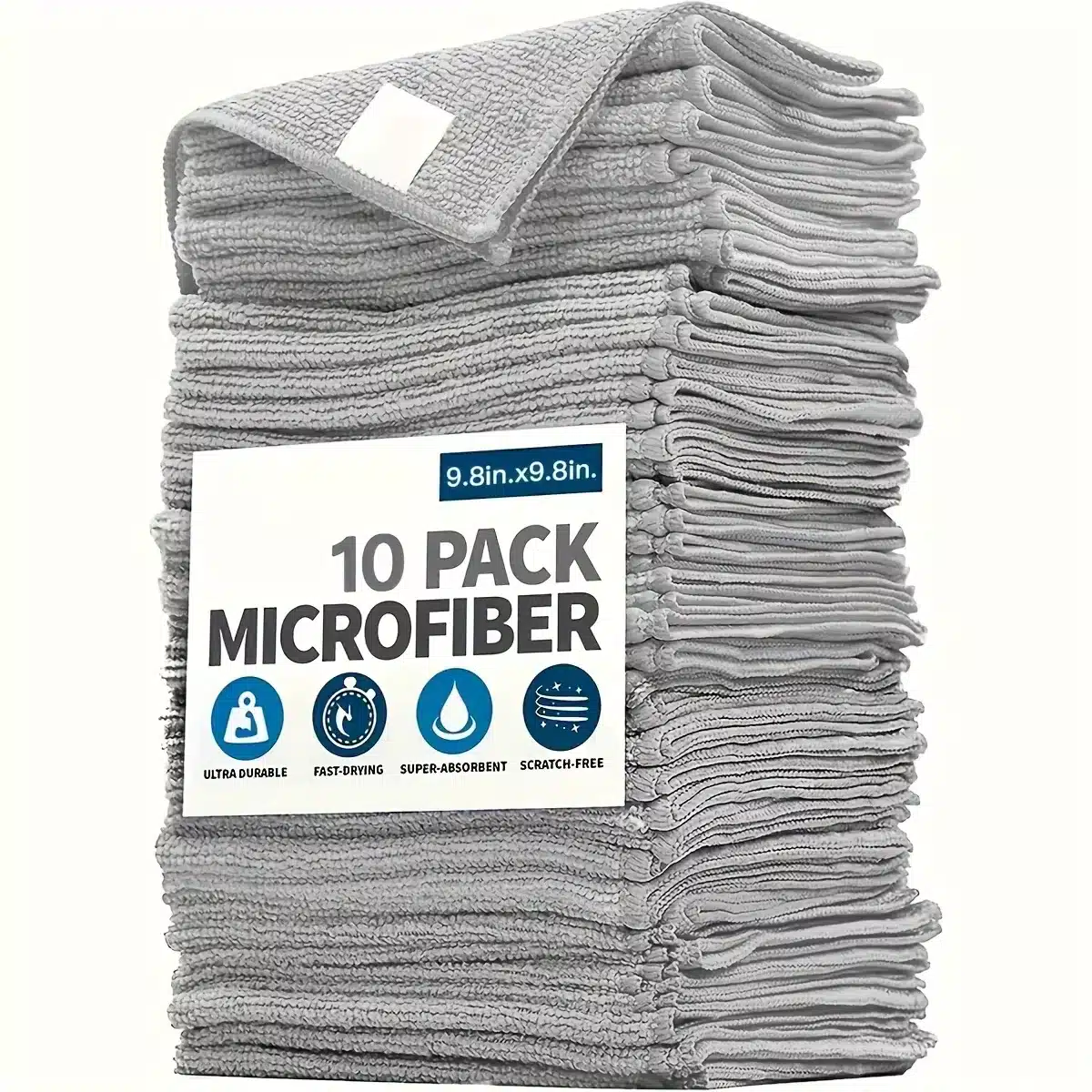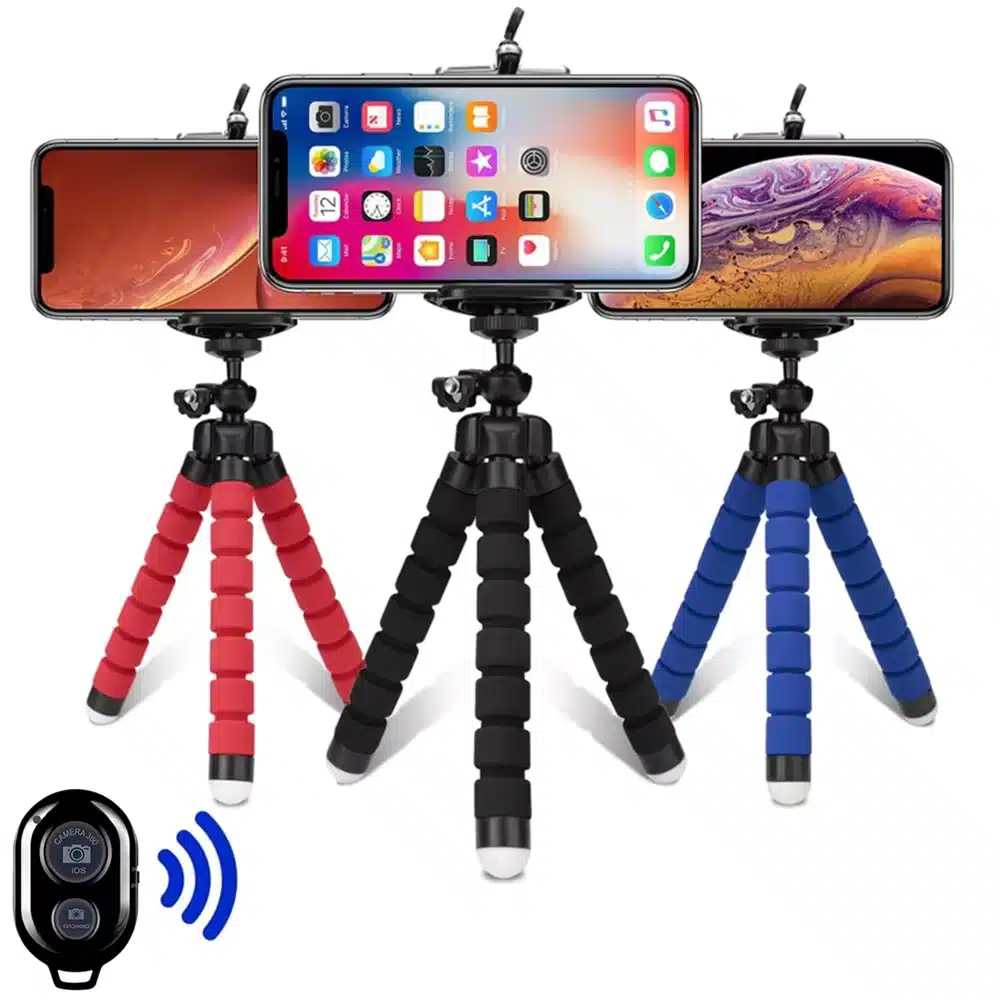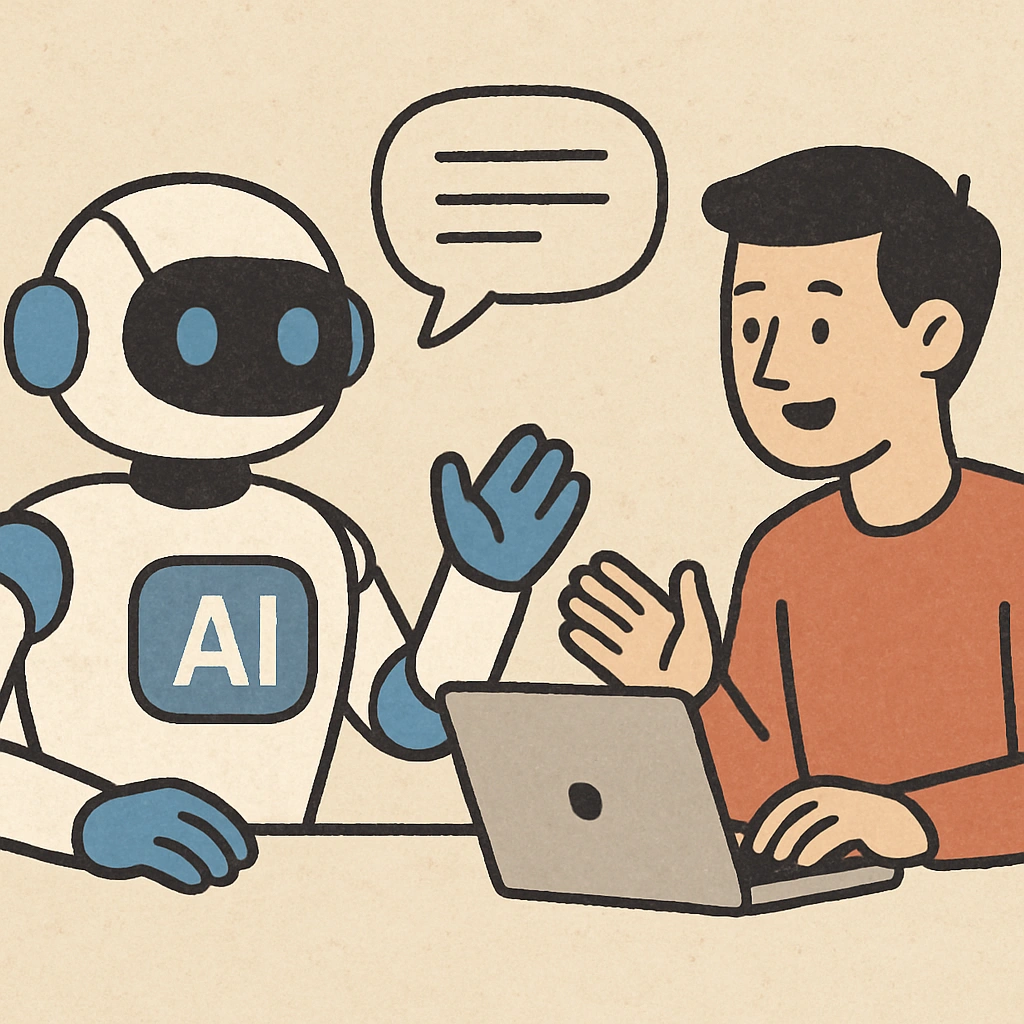Top 6 Emotional AI Robots Compared (2025 Buyer’s Guide)
As emotional AI robots become more advanced, choosing the right one can be overwhelming. This comprehensive 2025 comparison guide breaks down the top models based on price, features, target age groups, and therapeutic benefits to help you find the perfect match for your needs.
(For background on how these robots work, see our Complete Guide to Emotional AI Robots)
Key Comparison Factors
When evaluating emotional support robots, consider:
- Preisspanne – From budget-friendly to premium therapeutic tools
- Alterseignung – Some target toddlers, others teens
- Primary Function – Anxiety relief, social skills, or general companionship
- Technology – AI sophistication, emotional recognition capabilities
- Privacy & Safety – Data protection measures
- Therapeutic Approach – CBT, play therapy, or empathy-building
(Need help deciding? Take our AI Robot Selector Quiz)
Head-to-Head Comparison: Top 6 Emotional AI Robots (2025)
| Modell | Preis | Am besten für | Wesentliche Merkmale | Therapy Type | Ideal User |
|---|---|---|---|---|---|
| Moxie | $599 | Social-emotional learning | • Daily SEL missions • Therapist-designed • Progress tracking | Play therapy + CBT | Kids 6-9 needing structure |
| Miko 4 | $349 | Emotional vocabulary | • 300+ EQ activities • Homework help • Multi-lingual | General emotional intelligence | Ages 5-12 |
| Lovot | $1,599 | Anxiety/comfort | • Huggable design • Warmth simulation • Non-verbal support | Sensory therapy | Anxious kids 3-10 |
| Woebot Jr. | $30/mo | Anxiety management | • CBT exercises • Mood tracking • Teen-friendly | Cognitive Behavioral Therapy | Teens 10-16 |
| Joy for Kids | $249 | Basic emotional support | • Storytelling • Expressive face • Simple interface | Narrative therapy | Ages 4-8 |
| Loona | $449 | Interactive play therapy | • 50+ emotional games • Pet-like responses • Sleep routines | Play therapy | Kids 5-12 |
(For detailed specs: Full Feature Comparison Table)
In-Depth Analysis by Use Case
1. Best for Anxiety Relief
Top Pick: Woebot Jr. + Lovot Combo
- Why? Woebot provides CBT techniques while Lovot offers physical comfort
- Alternative: Moxie’s calming breath exercises
- Avoid: Overly stimulating models for highly anxious children
(See our Anxiety-Focused AI Robot Guide)
2. Best for Social Skills Development
Top Pick: Moxie
- Proven Results: 76% improvement in conflict resolution skills
- Runner-Up: Miko 4’s conversation practice
- Budget Option: Joy for Kids’ social stories
3. Best for Special Needs
- Autism Spectrum: Moxie (predictable interactions)
- ADHS: Woebot Jr. (focus exercises)
- Sensory Processing: Lovot (tactile feedback)
(More in AI Robots for Special Needs Children)
Price vs. Value Breakdown
| Tier | Robots | When to Choose |
|---|---|---|
| Premium ($500+) | Moxie, Lovot | • Clinical-level support • Long-term use • Special needs |
| Mid-Range ($250-$500) | Loona, Miko 4 | • Balanced features • School-aged kids • General EQ development |
| Budget (<$250) | Joy for Kids | • Young children • Introductory support • Supplemental use |
| Subscription | Woebot Jr. | • Ongoing therapy • Teen-specific • Professional integration |
Cost-Saving Tip: Look for refurbished models or educational discounts
Technology Comparison
| Merkmal | Moxie | Miko 4 | Lovot |
|---|---|---|---|
| Erkennung von Emotionen | Advanced | Mäßig | Basic |
| AI Adaptability | Learns weekly | Learns monthly | Fixed responses |
| Interaction Mode | Conversational | Educational | Physical |
| Parent Controls | Detailed | Mäßig | Minimal |
| Data Privacy | HIPAA-compliant | COPPA-compliant | No data storage |
Key Insight: More expensive ≠ always better – match tech sophistication to your child’s needs
Expert Recommendations
For Therapists & Educators
- Moxie – Clinical-grade SEL programs
- Woebot Jr. – CBT integration with professional dashboards
Für Eltern
- Miko 4 – Best all-around for home use
- Loona – Great blend of fun and therapy
For Gifts
- Joy for Kids – Affordable and engaging
- Lovot – Luxurious comfort item
(Gift ideas: Geschenkführer für intelligente Roboter)
FAQ: Choosing Emotional AI Robots
Q: How long do these robots typically last?
A: Most function well for 3-5 years. Moxie and Lovot have the best longevity.
Q: Can I try before buying?
A: Many companies offer 30-day trials. Check our Robot Rental Guide for options.
Q: Which has the lowest maintenance?
A: Woebot Jr. (app-based) and Joy for Kids (no moving parts) require least upkeep.
Q: Are there monthly fees?
A: Only Woebot Jr. requires subscription. Others are one-time purchases.
Final Decision-Making Checklist
- Identify primary need (anxiety? social skills? general EQ?)
- Set realistic budget
- Consider child’s age/development level
- Evaluate privacy features
- Kompatibilität prüfen (iOS/Android? WiFi requirements?)
- Read independent reviews like our Moxie Hands-On Test
Still unsure? Compare all top models side-by-side
Conclusion: Matching Robot to Emotional Needs
The “best” emotional AI robot depends entirely on your specific situation. This comparison reveals:
- For clinical support: Moxie or Woebot Jr.
- For home comfort: Lovot or Loona
- For school/learning: Miko 4
- For first-time users: Joy for Kids
Nächste Schritte:
- Compare technical specs in detail
- Read individual robot reviews
- Konsultieren Sie unseren Einkaufsführer
Remember: The most expensive option isn’t necessarily right for every child. Focus on which features directly address your child’s emotional needs for the best results.

 AI Bot Tech Hub
AI Bot Tech Hub






